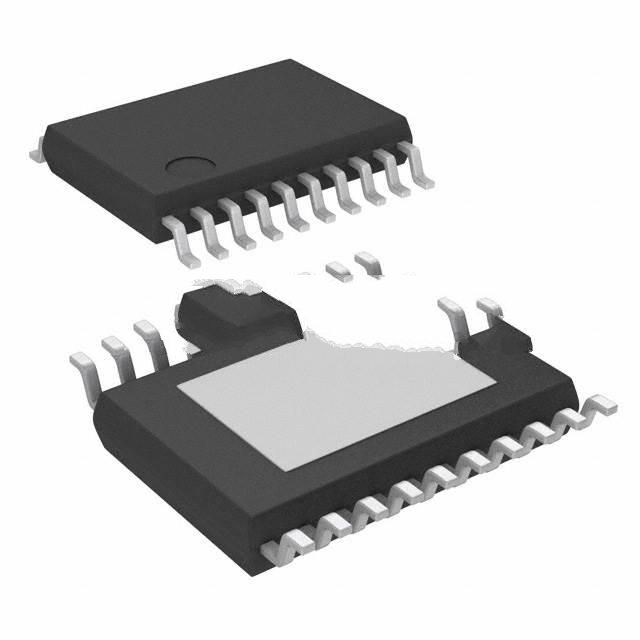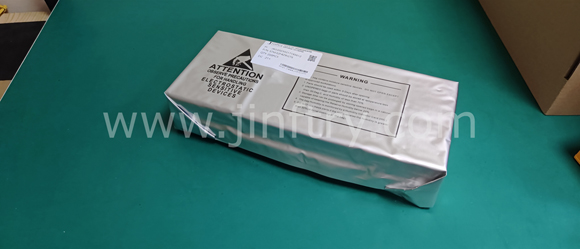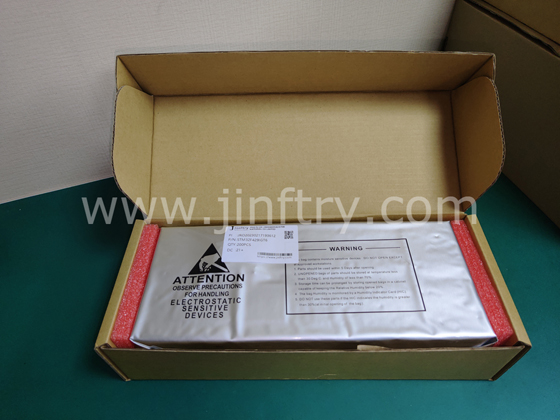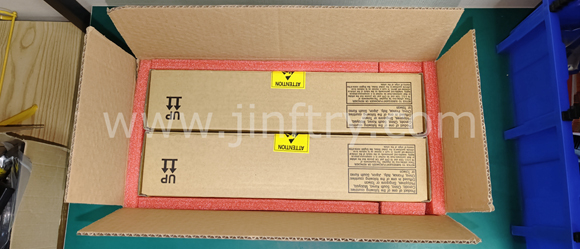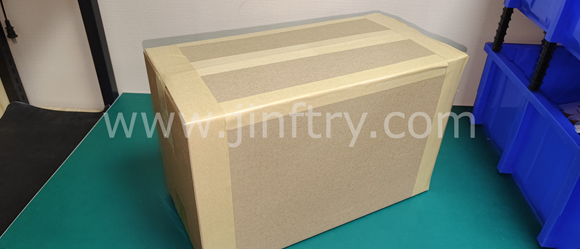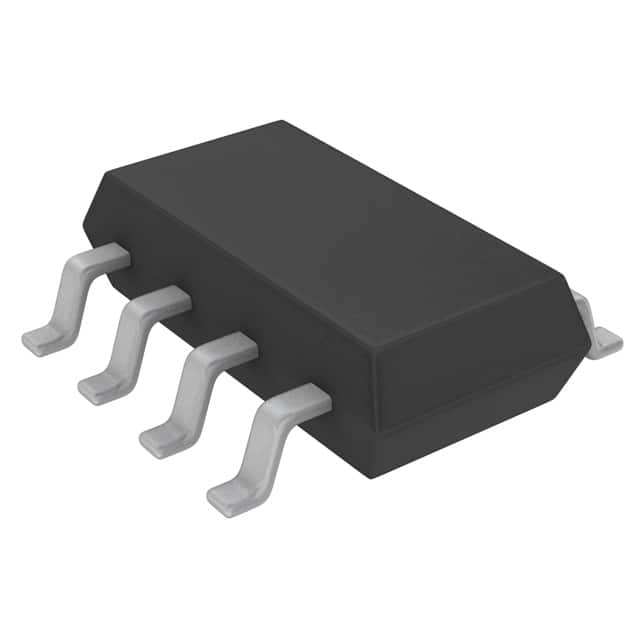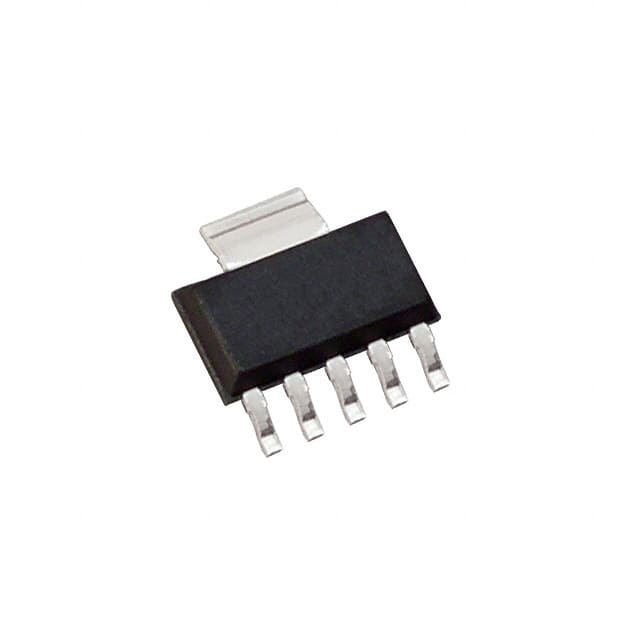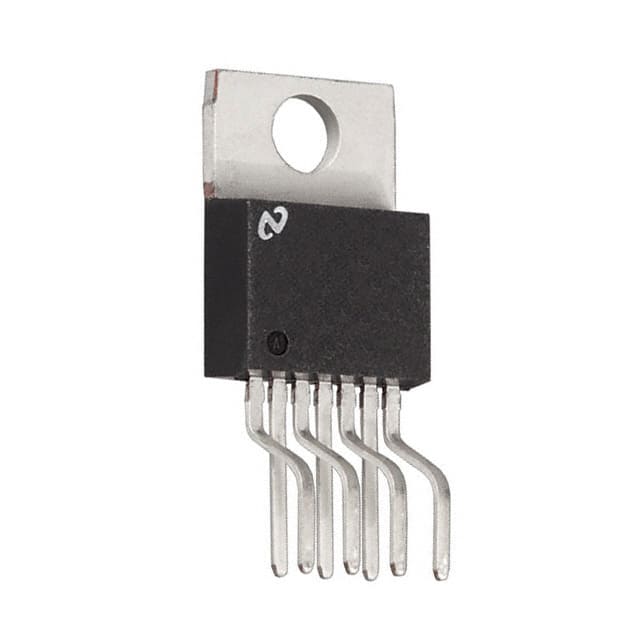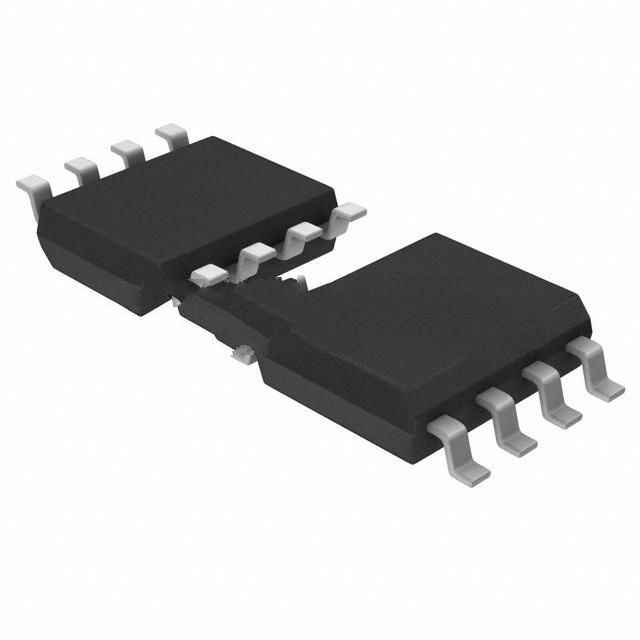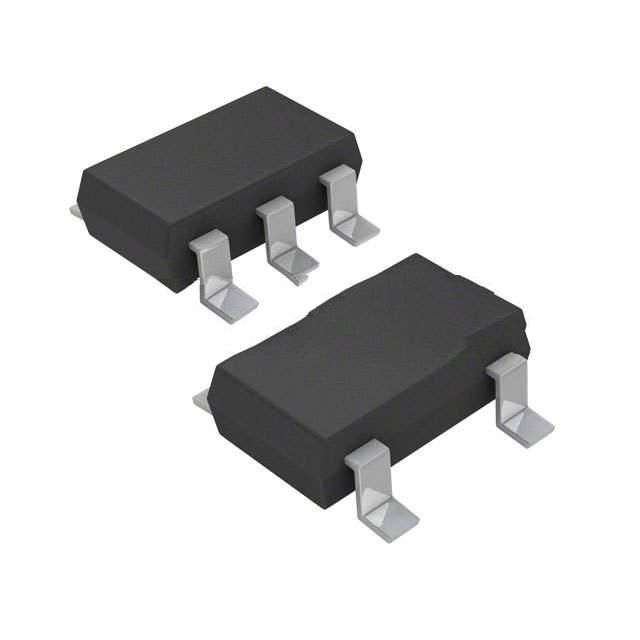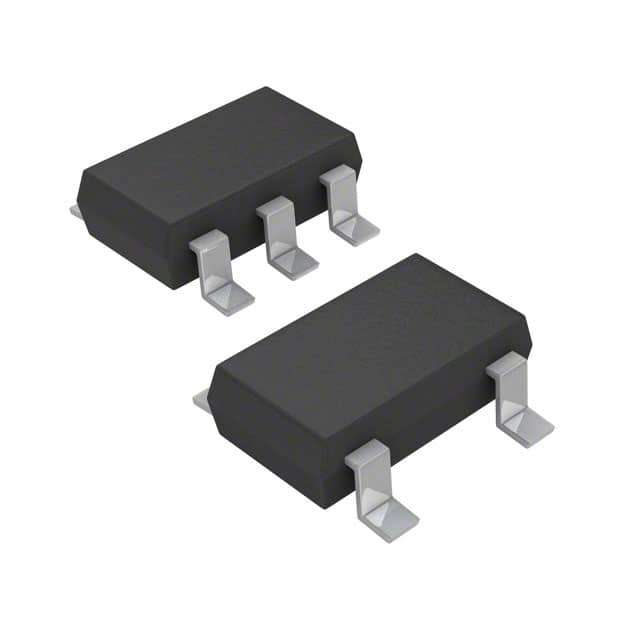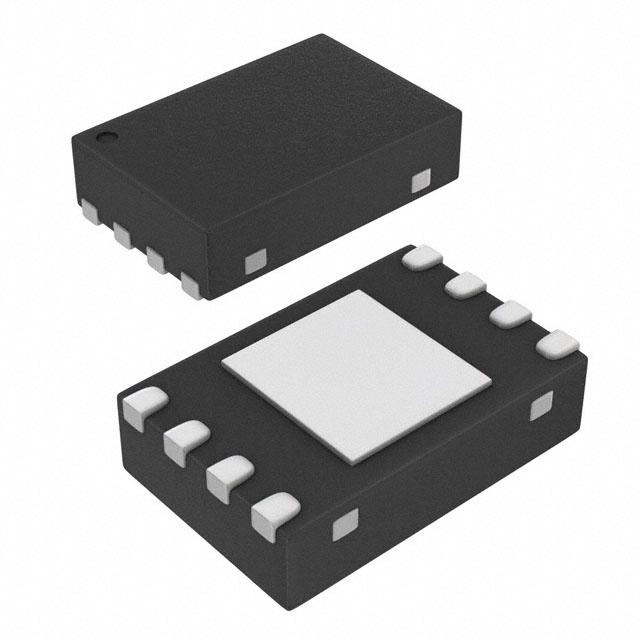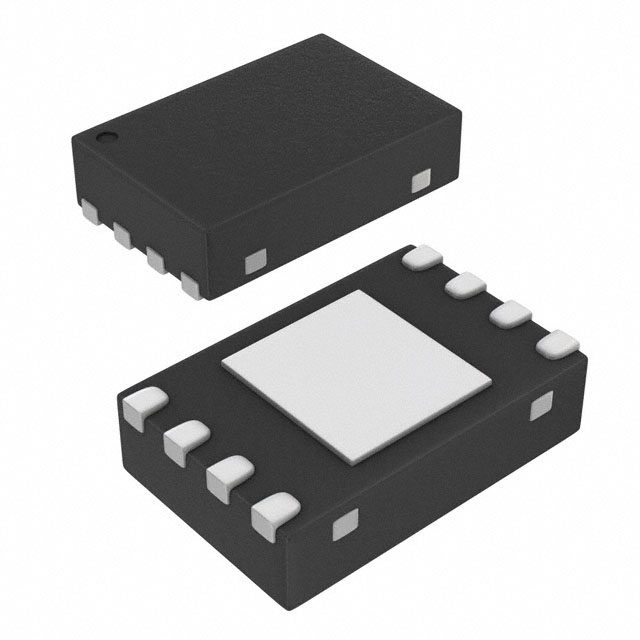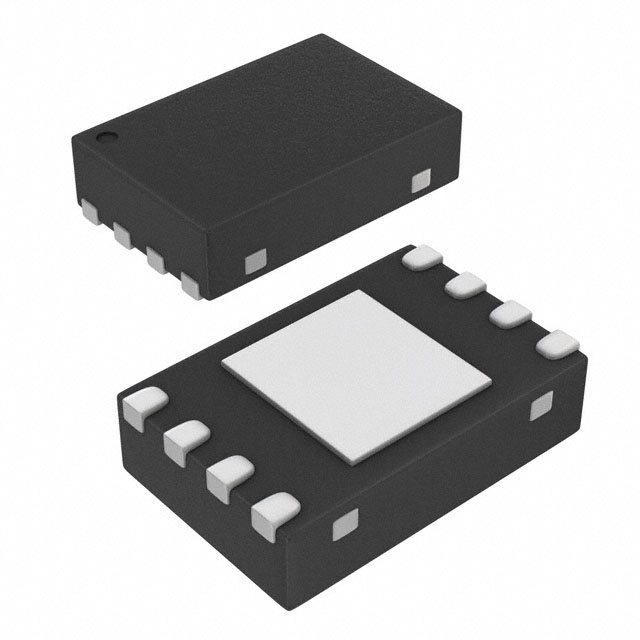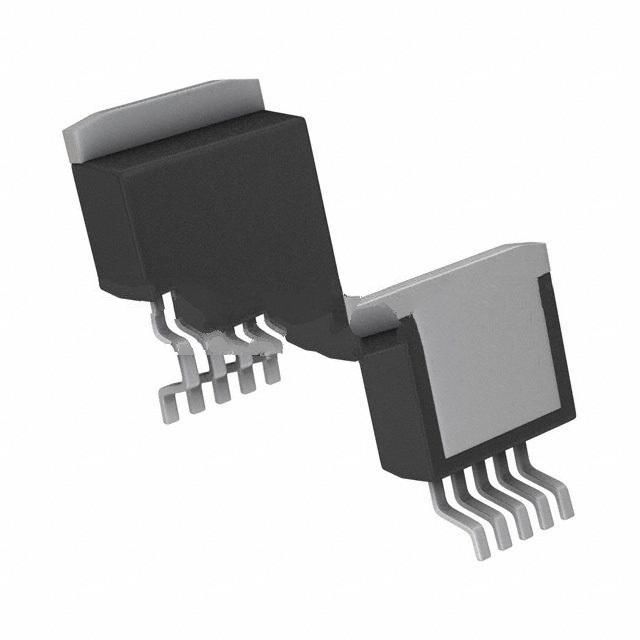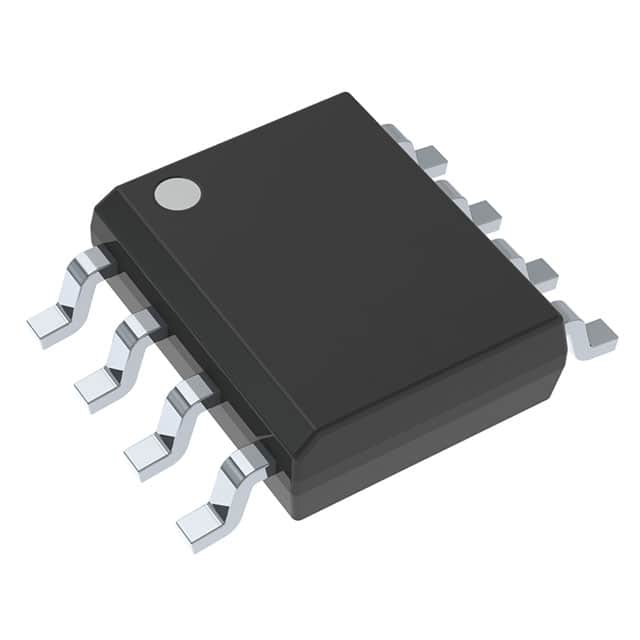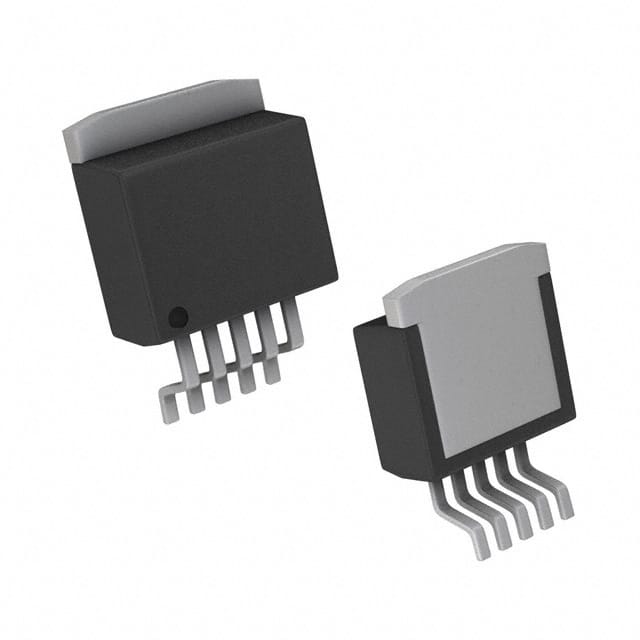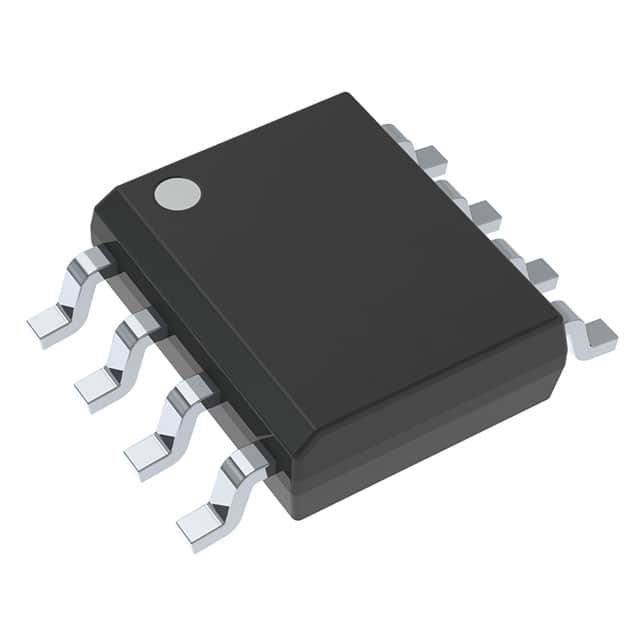TPS76850QPWPG4 Product Introduction:
Texas Instruments Part Number TPS76850QPWPG4(PMIC - Voltage Regulators - Linear), developed and manufactured by Texas Instruments, distributed globally by Jinftry. We distribute various electronic components from world-renowned brands and provide one-stop services, making us a trusted global electronic component distributor.
TPS76850QPWPG4 is one of the part numbers distributed by Jinftry, and you can learn about its specifications/configurations, package/case, Datasheet, and other information here. Electronic components are affected by supply and demand, and prices fluctuate frequently. If you have a demand, please do not hesitate to send us an RFQ or email us immediately sales@jinftry.com Please inquire about the real-time unit price, Data Code, Lead time, payment terms, and any other information you would like to know. We will do our best to provide you with a quotation and reply as soon as possible.
Introducing the Texas Instruments TPS76850QPWPG4, a high-performance, low-dropout (LDO) voltage regulator designed to meet the demanding power requirements of today's electronic devices. With its exceptional features and versatile application fields, this regulator is the perfect solution for a wide range of power management needs.
The TPS76850QPWPG4 offers an impressive output voltage accuracy of ±1%, ensuring stable and reliable power delivery to your system. Its low dropout voltage of only 250mV at 1A load current minimizes power dissipation, maximizing efficiency and extending battery life. With a maximum output current of 1A, this regulator can handle the power demands of various applications.
This LDO voltage regulator is designed to operate over a wide input voltage range of 2.7V to 10V, making it suitable for a variety of power sources. Its excellent transient response and low output noise ensure clean and stable power supply, minimizing the risk of system failures and signal distortions.
The TPS76850QPWPG4 is ideal for a wide range of applications, including portable consumer electronics, industrial automation, telecommunications, and automotive systems. Whether you need to power microcontrollers, sensors, or other sensitive components, this regulator provides the reliability and performance you can trust.
In summary, the Texas Instruments TPS76850QPWPG4 is a high-performance LDO voltage regulator that offers exceptional features and versatility. With its precise output voltage accuracy, low dropout voltage, and wide input voltage range, it is the perfect choice for various power management needs in a wide range of applications.
Voltage Regulators-Linear is an electronic device used to convert an unstable DC voltage into a stable DC voltage. It regulates the voltage through an active component (such as a transistor or field effect tube) and a feedback network to ensure that the output voltage remains constant within a certain range. Linear regulators usually operate under low input voltage changes and load changes, and are able to provide a very clean and smooth output voltage.
Application
Voltage Regulators-Linear has a wide range of applications, covering almost all electronic devices requiring a stable DC power supply. In the field of consumer electronics, linear voltage regulators are widely used in mobile phones, tablets, laptops and other portable devices to provide stable voltage support for core components such as processors, memory and display screens. In the field of industrial automation and instrumentation, linear voltage regulators are often used in precision measuring instruments, sensor signal processing and other occasions because of their low noise and high precision characteristics. In addition, linear regulators also play an indispensable role in areas such as medical equipment, aerospace, and automotive electronics, where the quality of the power supply is extremely high. For example, in medical equipment, linear regulators ensure the power stability of devices such as pacemakers and monitors, ensuring the safety of patients.
FAQ about PMIC - Voltage Regulators - Linear
-
1. What are the disadvantages of linear regulators?
The disadvantage of linear regulators is that they are not efficient and can only be used in voltage reduction applications. The efficiency of a linear regulator depends on the ratio of output voltage to input voltage: turbidity = Vo: Vi. For example, for ordinary linear regulators, when the input voltage is 5V and the output voltage is 2.5V, the efficiency is only 50%. For ordinary linear regulators, about 50% of the electrical energy is converted into "heat" and lost, which is also the main reason why ordinary linear regulators are prone to heat when working. For LDO, due to its low voltage difference, the efficiency is much higher. For example, when the input voltage is 3.3V and the output voltage is 2.5V, its efficiency can reach 76%. Therefore, in LCD color TVs, in order to improve the utilization rate of electrical energy, ordinary linear regulators are used less, while LDOs are used more.
-
2. When should a linear regulator be used instead of a switching regulator?
In low-power and low-frequency application scenarios, a linear regulator should be used instead of a switching regulator.
Linear regulator Suitable for low-power and low-frequency applications, with simple circuit structure, low noise and good stability. They control the output voltage of the transistor through a current amplifier to keep the output voltage stable. This working mode makes linear regulators perform well in low-power and low-frequency applications, although they are less efficient and generate more heat, and their application range is limited. In contrast, switching regulators use high-frequency pulse modulation technology to convert input voltage into a stable output voltage. They have the advantages of high efficiency, small size and fast response, and are suitable for high-power and high-frequency applications. Therefore, when the application requirements are not the main considerations for circuit complexity and cost, but have high requirements for the stability and
-
3. What are the alternatives to linear regulators?
Alternatives to linear regulators include Semiconductor HT7144S, K7805-2000R3, TPS70933DBVR, CLR6212, XC6220B331MR-G, LR7550-M, SGM2054XTD10G/TR, ME6213C33M5G, RS3236-3.3YF5, KL2036-2.2V, etc. These alternatives cover different package forms (such as SOT-23, SOP8, etc.) and output voltage and current specifications to meet the needs of different applications. For example, the HT7144S is a three-terminal linear regulator, while the TPS70933DBVR is an LDO (low dropout linear regulator) with lower output voltage and current specifications. CLR6212 and XC6220B331MR-G provide higher output current capabilities and are suitable for applications that require larger current outputs. LR7550-M and SGM2054XTD10G/TR provide specific voltage and current specifications to meet the needs of specific fields. ME6213C33M5G and RS3236-3.3YF5 are regulators with specific packaging forms, suitable for space-constrained application scenarios. KL2036-2.2V is a linear regulator with a lower output voltage, su
 Lead free / RoHS Compliant
Lead free / RoHS Compliant



